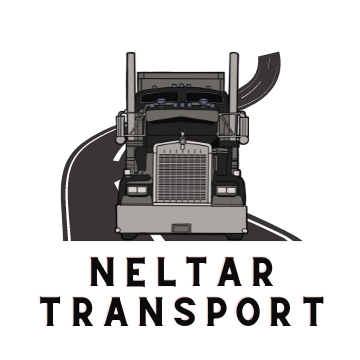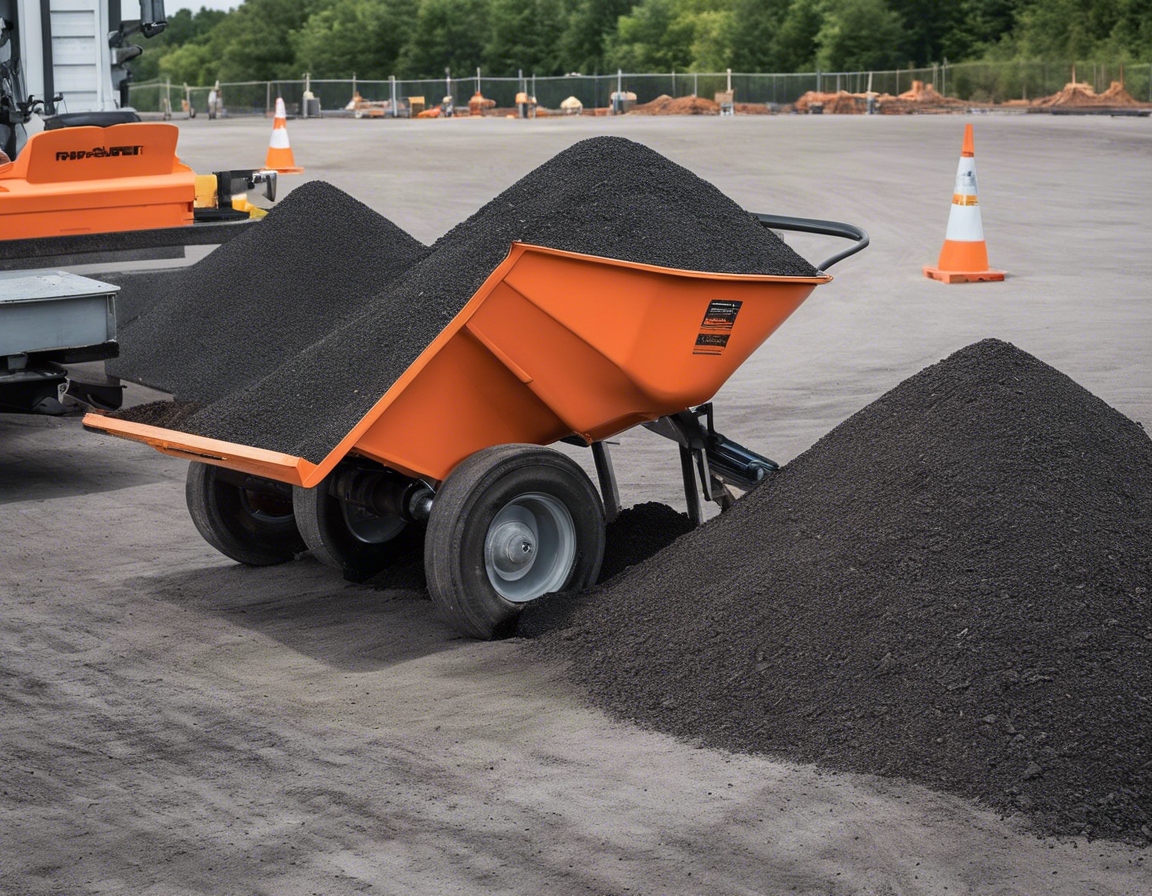Asphalt transport 101: ensuring quality in transit
Asphalt quality is paramount in construction and infrastructure projects. The integrity of roads, highways, and runways depends on the quality of asphalt used, which can be compromised if not properly transported. Ensuring the material arrives at the job site in optimal condition is a critical step in the construction supply chain.
Transporting asphalt presents unique challenges due to its temperature-sensitive nature. Maintaining the right temperature and consistency during transit is essential to prevent premature hardening or segregation, which can lead to poor pavement performance.
Key Considerations for Asphalt Transport
Temperature is a critical factor in asphalt transport. The material must be kept within a specific temperature range to retain its workable state. This requires specialized equipment and expertise to manage effectively.
Using the right vehicles equipped with insulated containers and temperature control systems is essential. These vehicles must also comply with safety and environmental regulations to ensure a safe transit process.
Timely delivery is crucial to prevent delays in construction schedules. Efficient route planning and scheduling can minimize transit time and ensure the asphalt remains at the correct temperature upon arrival.
Best Practices for Maintaining Asphalt Quality
Proper loading techniques are vital to maintain the quality of asphalt. This includes using the right tools and methods to load the asphalt without compromising its temperature and consistency.
Continuous monitoring during transport is necessary to ensure the asphalt does not exceed the acceptable temperature range. This can be achieved through advanced tracking systems that provide real-time data.
Upon arrival, the unloading process must be carried out with care to maintain the quality of the asphalt. Quality assurance checks are also necessary to confirm that the material meets the required standards before use.
Advanced Technologies in Asphalt Transport
Innovative insulation methods can significantly improve the maintenance of temperature during transit. These include new materials and designs that enhance the thermal efficiency of transport containers.
Real-time tracking and temperature monitoring technologies allow for better control over the transport conditions. These systems enable immediate response to any deviations from the set parameters.
Automated systems can streamline the loading and unloading process, reducing the risk of human error and ensuring consistency in handling the asphalt.
Partnering with the Right Transport Company
When choosing a transport partner, it's important to consider their experience, equipment quality, and track record in handling temperature-sensitive materials like asphalt.
NELTAR TRANSPORT OÜ specializes in the transport of asphalt and other construction materials. With a fleet of modern, temperature-controlled vehicles and a commitment to quality and safety, NELTAR TRANSPORT OÜ is the ideal partner for ensuring your asphalt arrives in perfect condition.






Comments (0)